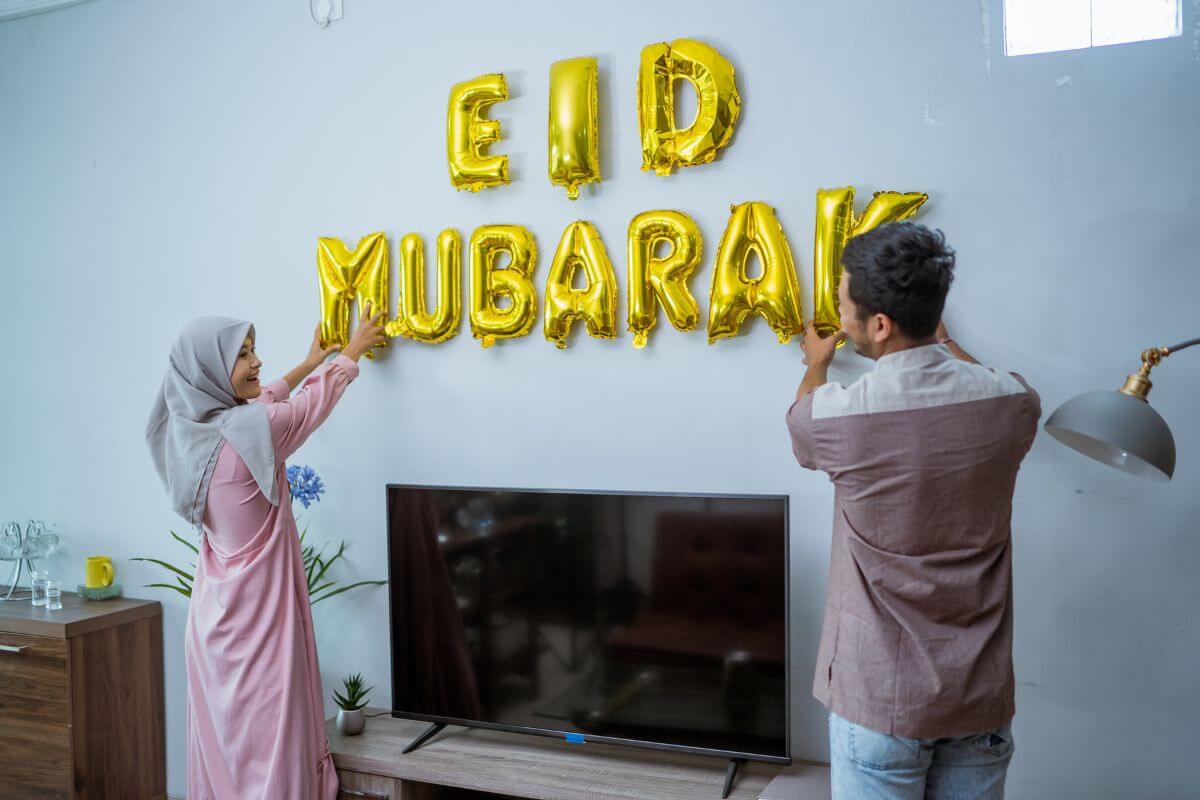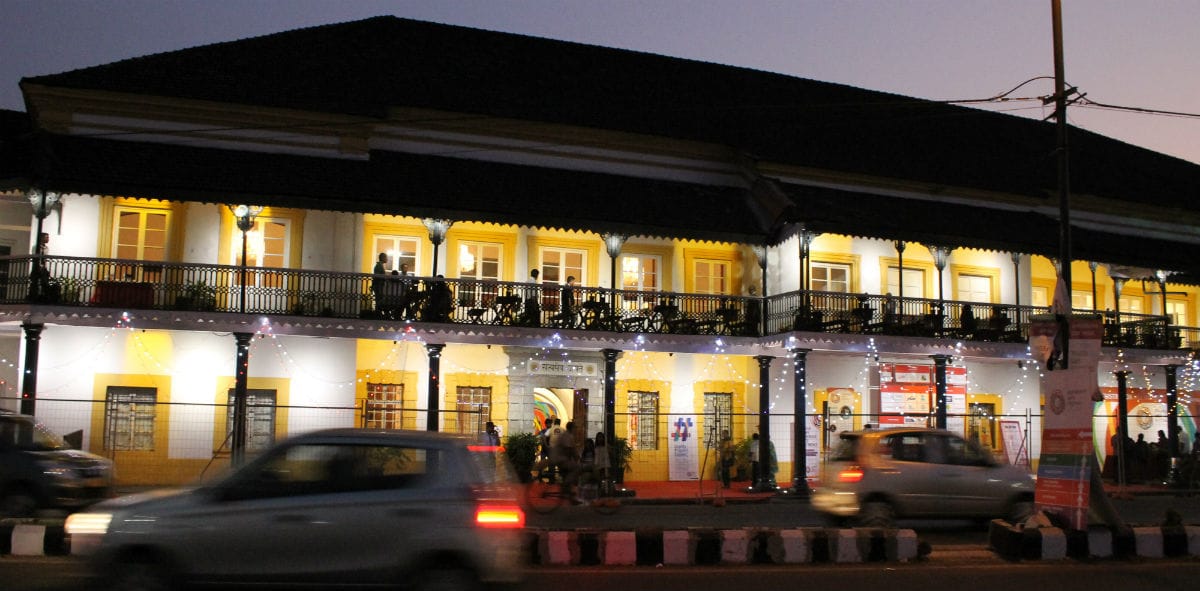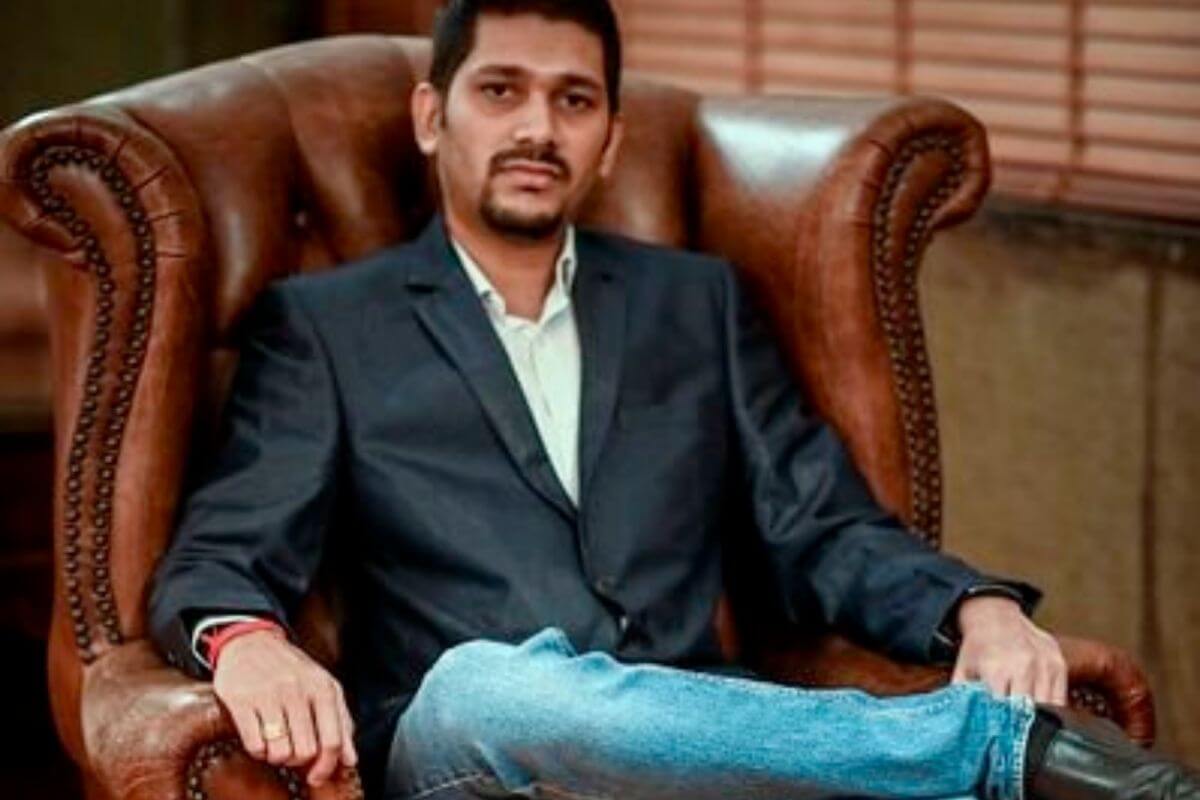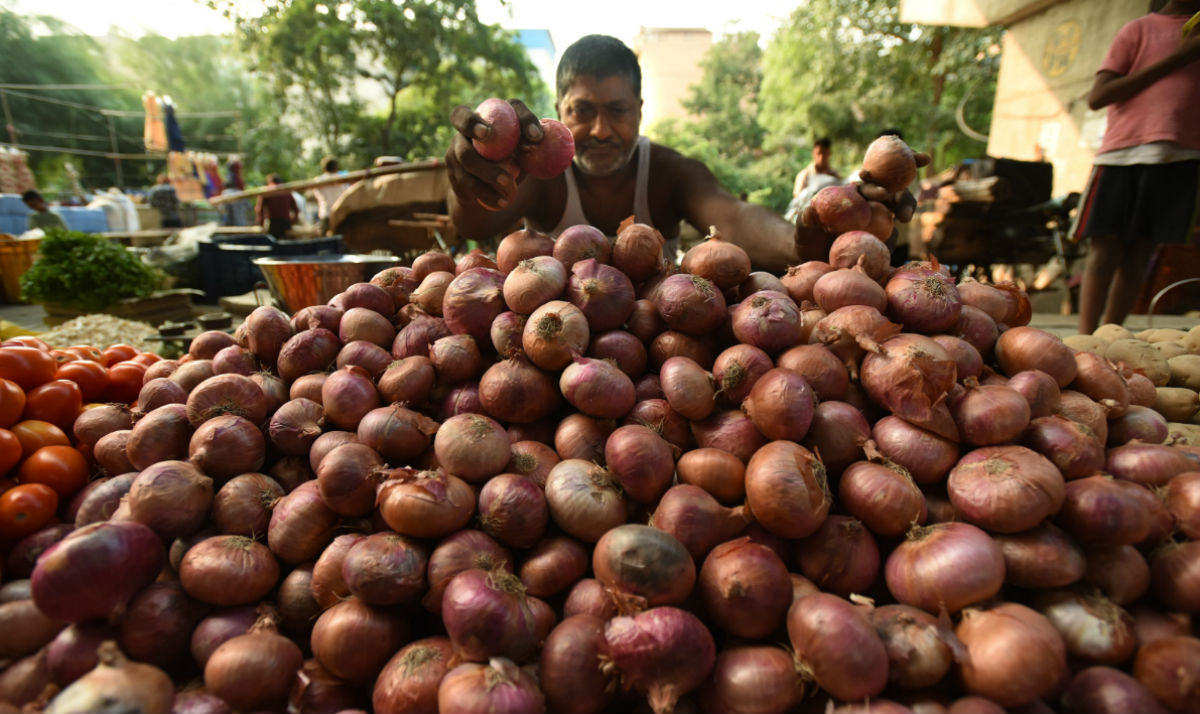The Supreme Court on Friday said people are free to choose their own religion, even as it lashed out at a “very, very harmful kind” of “public interest” petition claiming there is mass religious conversion happening “by hook or by crook” across the country.
A bench of Justices RF Nariman, B R Gavai, and Hrishikesh Roy told senior advocate Gopal Sankaranarayanan, appearing for petitioner advocate Ashwini Upadhyay, “What kind of writ petition is this under Article 32. We will impose a heavy cost on you. You argue on your own risk”. The bench said there is no reason why a person above 18 can’t be allowed to choose his religion. It further told Sankaranarayana, “there is a reason why the word propagates is there in the Constitution”.
Justice Nariman said every person is the final judge of their own choice of religion or who their life partner should be. Courts cannot sit in judgment of a person’s choice of religion or a life partner. Religious faith is a part of the fundamental right to privacy.
Justice Nariman reminded Mr. Upadhyay of the Constitution Bench judgment which upheld inviolability of the right to privacy, equating it with the rights to life, dignity, and liberty.
Mr. Upadhyay’s petition was dismissed as withdrawn. His pleas to approach the Law Commission or the High Court with the plea was not expressly allowed by the Bench. The plea filed by Upadhyay has also sought directions to ascertain the feasibility of appointing a committee to enact a Conversion of Religion Act to check the “abuse of religion”.
“Religious conversion by ‘carrot and stick’ and by ‘hook or crook’ not only offends Articles 14, 21, 25, but is also against the principles of secularism, which is an integral part of the basic structure of the Constitution. Petitioner states with dismay that the Centre and States have failed to control the menace of black magic, superstition, and deceitful religious conversion, though it is their duty under Article 51A,” said the plea filed through advocate Ashwani Kumar Dubey.
The petition also alleged that the court should direct the Centre and the States to control black magic, superstition, and religious conversion being done through threats, intimidation, or bribes.
“There is not even one district which is free of black magic, superstition, and religious conversion… Incidents are reported every week throughout the country where conversion is done by intimidating, threatening, luring through gifts and monetary benefits,” the petition had alleged.
Further, the petition said the Centre and States were obligated under Article 46 to protect the SC/ST community from social injustice and other forms of exploitation.
Photo by Arina Krasnikova from Pexels



























